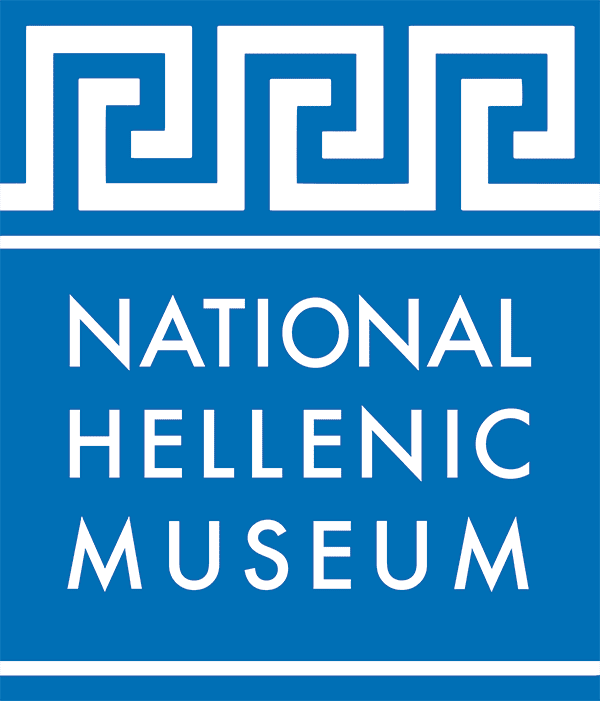It may surprise you that Greeks don’t call themselves “Greek”. Instead Greeks refer to themselves as “Έλληνες”— Hellenes. The word “Greek” comes from the Latin “Graeci”, and through Roman influence has become the common root of the word for Greek people and culture in most languages. In English, however, both “Greek” and “Hellenic” are used. When most English speakers say “Greek” today, they mean the people and culture associated with the modern nation-state of Greece.
“Hellenism”, however, is something bigger. From ancient times, the language, culture, and values of the Hellenes has significantly impacted the world. Throughout history non-Hellenic people have adopted and assimilated the values and aesthetics of the Hellenes. Through this contact, the culture of the Hellenes has not only transformed other cultures, but has been transformed itself. This relationship is Hellenism. In fact, an openness to new ideas and embracing beauty and truth wherever you find it are fundamental features of Hellenism. In short, Hellenism is rooted in the history of the Greek people, but it is bigger than Greek culture. It is part of humanity’s shared heritage.
“And if a man should partake of our culture, let him be called Hellene”
~ Isocrates, 4th Century B.C.
The National Hellenic Museum seeks to share the story of Greek Americans – as chapters that continue from the ancient story of Hellenism. These are stories of transforming and being transformed. These are stories of ancient values and modern innovations. Hellenism is alive today in each of us — whether we have Greek ancestors or not.

